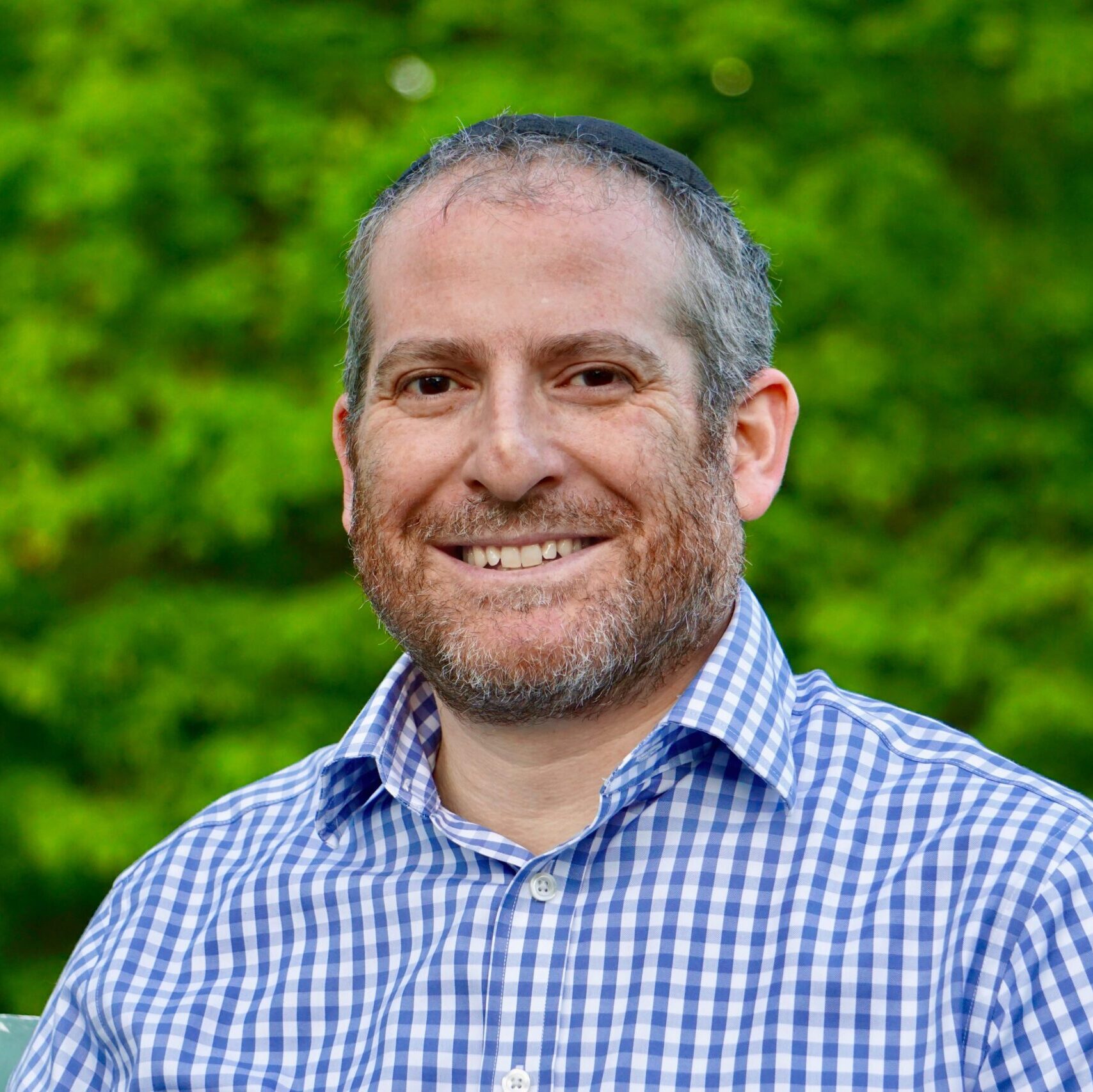Originally posted October 23rd, 2023.
- Maimonides Mishneh Torah – Laws of Idol Worship 1:3 – Hebrew & English
- Kedushat Levi of Levi Yitzhak Berditchev – Va’Era 14 – Hebrew & English
Hello friends! I wanted to share a little bit of TorahRefers to the first five books of the Hebrew Bible, the Tanakh, also called the Five Books of Moses, Pentateuch or the Hebrew equivalent, Humash. This is also called the Written Torah. The term may also refer to teachings that expound on Jewish tradition. Read more this week. In particular, I wanted to focus on Avraham. Even though he was introduced in last week’s Parashah, his story really begins in this week’s reading. We learn more about him as his life unfolds, what he’s doing, and what challenges he faces.
I think it’s also important this week to look at Avraham and his whole family, because we’re living in a time of tragedy and violence for all peoples of Abrahamic faiths. In Israel and surrounding countries and territories all over the world, people are really suffering through the violence and the challenges that our people are facing right now.
When I was first learning in Yeshiva in seminary, one of the things that really jumped out to me was the story of Avraham as it is related in Maimonides’ Mishneh Torah. The Mishneh Torah is a massive work of Jewish law, and there aren’t too many stories or history lessons in it. But the story of Abraham is told in the context of two chapters the history of idol worshipping and the development of monotheism. Maimonides tells us that at the beginning of creation, everyone believed in the one God.
Over time, people, especially wise people, began to believe that the sun, and the moon, and the stars were actually gods. Eventually, they started to make idols, wooden and stone to worship. Avraham lived in a time and a place where there were no monotheists. You may have read stories from the rabbis that he lived with his father, who was an idol salesman. Everybody around him believed in multiple gods.
But Maimonides, based on his understanding of the MidrashimThis word is used in two ways, as both a concept and a literature. As a concept, midrash is the expansive interpretation of biblical texts. The term is used to describe the practice of rabbinic interpretation. As a text, it refers to specific collections of interpretations, particularly from the third to ninth centuries in the Land of Israel and Babylonia. Plural: Midrashim
Read more (these rabbinic tales), teaches that Avraham, even from the time he was weaned, walked around in a state of wonder. He pondered the universe and he came to believe that there could not be a way for the heavens to be moving without a prime mover. He was like an astronomer, and a physicist, and a philosopher, all wrapped up into one little kid.
But even more interesting to me is the leap that we can make in our own lives if we emulate Avraham. What if we could walk around in the world, look at nature or even into our homes, and look at small wonders and contemplate God? It seems really sweet. Imagine those leaves that are changing colors right now or tasting a delicious piece of cake. Just putting God into our thoughts, and making that a moment of wonder and cultivating it can be really powerful.
I want to share a follow-up piece from the great Hasidic master, Levi Yitzhak of Berditchev. This idea is so profound. I actually found it in three separate Hasidic texts.
Avraham was an unbelievable servant of God. He did everything for the sake of God, and he felt that God had done so much for him. There were miracles. There was wealth. Eventually, he’s going to have children at a very late age. He was saved from violence as were his wife and sons. Avraham felt that he could never adequately repay God for everything he had received.
So listen to what Rev Levi Yitzhak says: Even with all the holy work that Avraham accomplished and his serving God through love and his great intellect, it all seemed piteously small in his own eyes. His work was nothing compared to the great works and miracles God had performed on his behalf. Nothing he ever did could be enough to approach the debt he felt he owed. He thought, Even if I do tons of work on myself through upright actions and good works, what am I?
And so he came to the determination that what he himself could accomplish through the performance of mitzvot and good deeds, even with his great intellect and focus, just wouldn’t be enough. Therefore, Avraham added another intention to his thoughts whenever he did these deeds: I am doing this in the name of all of the people of Israel.
Avram knew he was doing amazing kindness and change work on earth, but unfortunately, he wasn’t able to figure out a way to repay God fully. So he had this idea. He could do every mitzvah, every good deed, every piece of change that he dedicated. He would feed the poor, shelter the homeless. He would do it in the name of all of the people of Israel.
Think about that. Everyone that would ever descend from his family inherits the merit of the mitzvot that Avraham did in his time.
This is an unbelievably important idea at this time when we have lost so much. This Shabbat, and in the days to come, consider taking a moment and concentrating and saying aloud or in your head: I am doing this to repair. I’m doing this to bring a little light. I’m doing this because there are many who will never be able to do it again.
Shabbat Shalom.
Author
-

Rabbi Mordechai Rackover serves as Editor in Chief of Exploring Judaism and Director of Publications and Digital Engagement at The Rabbinical Assembly. He has a background in education, campus work, and the pulpit. Mordechai studied for nearly a decade in a number of Yeshivot in Israel and has a BA in Jewish Studies from McGill University and an MA in Jewish Communal Leadership from Brandeis University. When not working he can be found reading or cooking and occasionally catering. Check out his Instagram for mouthwatering shots.
View all posts






